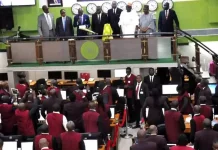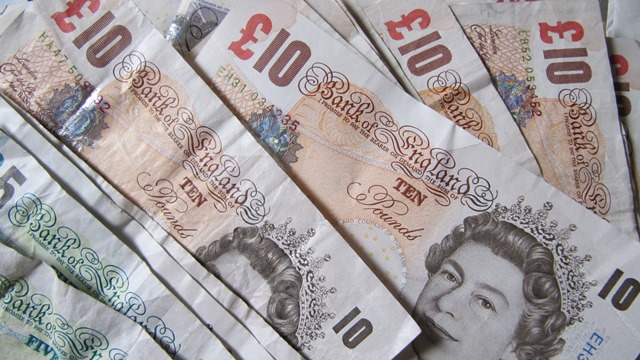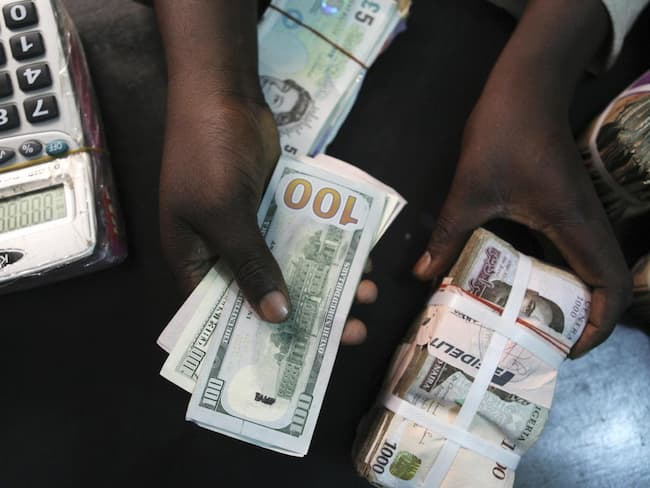Sterling extended gains across the board as expectations grew that lawmakers would vote against leaving the European Union in 16 days time without an agreement.
Its gains were bolstered by a tweet from the BBC’s assistant political editor that he was hearing Attorney General Geoffrey Cox had further legal advice which might help Prime Minister Theresa May win over lawmakers to her Brexit deal.
The British currency has swung wildly between $1.30 and $1.33 in chaotic trading over the last 48 hours, but found some support in early London trading around $1.3150.
Prime Minister Theresa May badly lost a vote on her Brexit withdrawal agreement late on Tuesday and parliament will have a separate vote on Wednesday on whether the United Kingdom should leave the European Union on March 29 without a deal.
May has given lawmakers in her party a free vote, and investors expect parliament will vote against a no-deal Brexit – which most economists say would cause significant harm to the economy.
“There should be an overwhelming parliamentary majority to prevent a no-deal exit on March 29, which should lend some support to the pound,” Morgan Stanley strategists said.
The pound rose 0.7 percent to the day’s high of $1.3163, putting the currency more than half way between this week’s lows of $1.2945 and its high of $1.3290.
Sterling was also stronger against the euro, hitting 85.86 pence, but was still below a 22-month peak of 84.755 pence touched on Monday before hopes for May’s Brexit deal to pass were crushed.
Gauges of expected market volatility in the British currency showed some early signs of settling after briefly spiking to their highest levels this year on Tuesday.
One-month implied gauges of volatility held around 11 vol and below a high of 13 vol hit on Tuesday.
Risk reversals on the pound, a ratio of puts to calls on the currency, traded near their lowest levels since December 2018 for one-month, indicating investors remained cautious on the outlook.
Despite the loss, some bank strategists expect a variant of May’s deal to be eventually passed by lawmakers.
“We think it will be the opportunity cost associated with rejecting the existing withdrawal agreement that begins to bind on the deal’s detractors,” Goldman Sachs strategists said in a note. They put the probability of a deal passing at 55 percent after a three-month extension.














